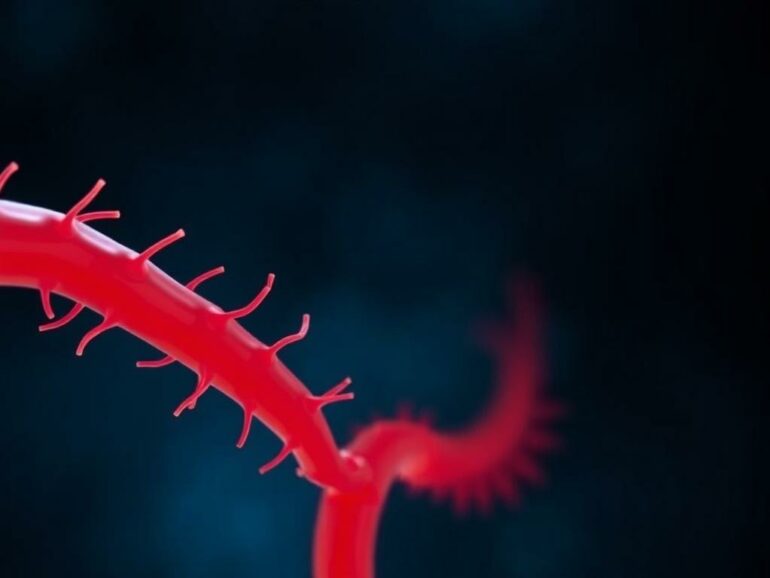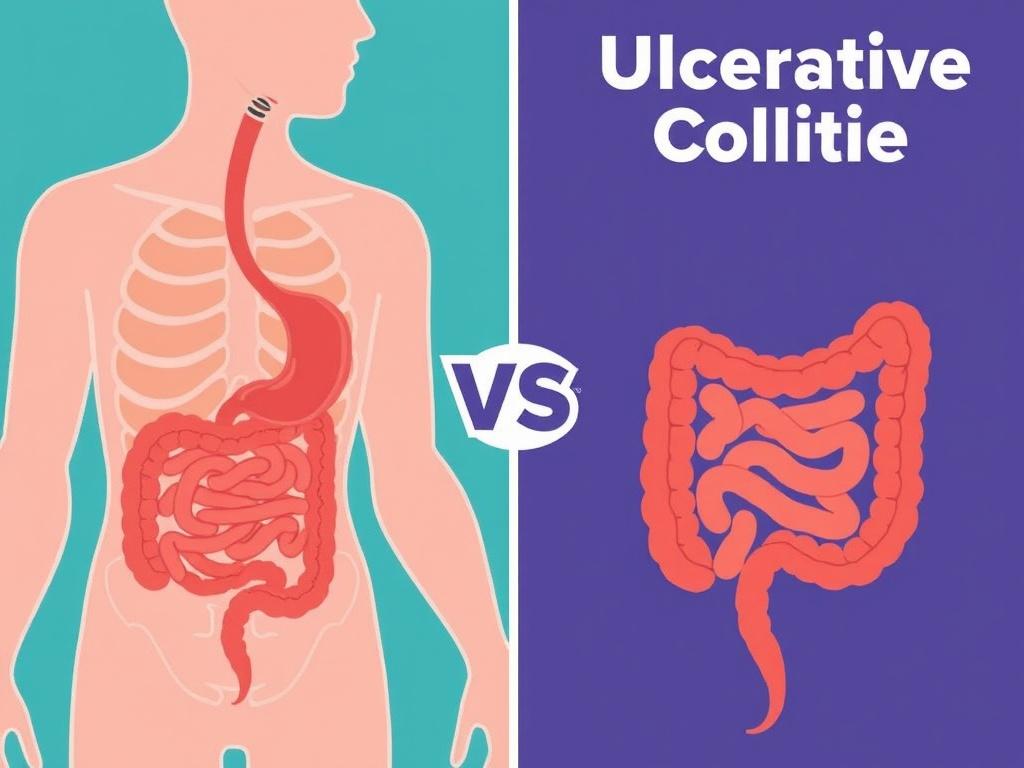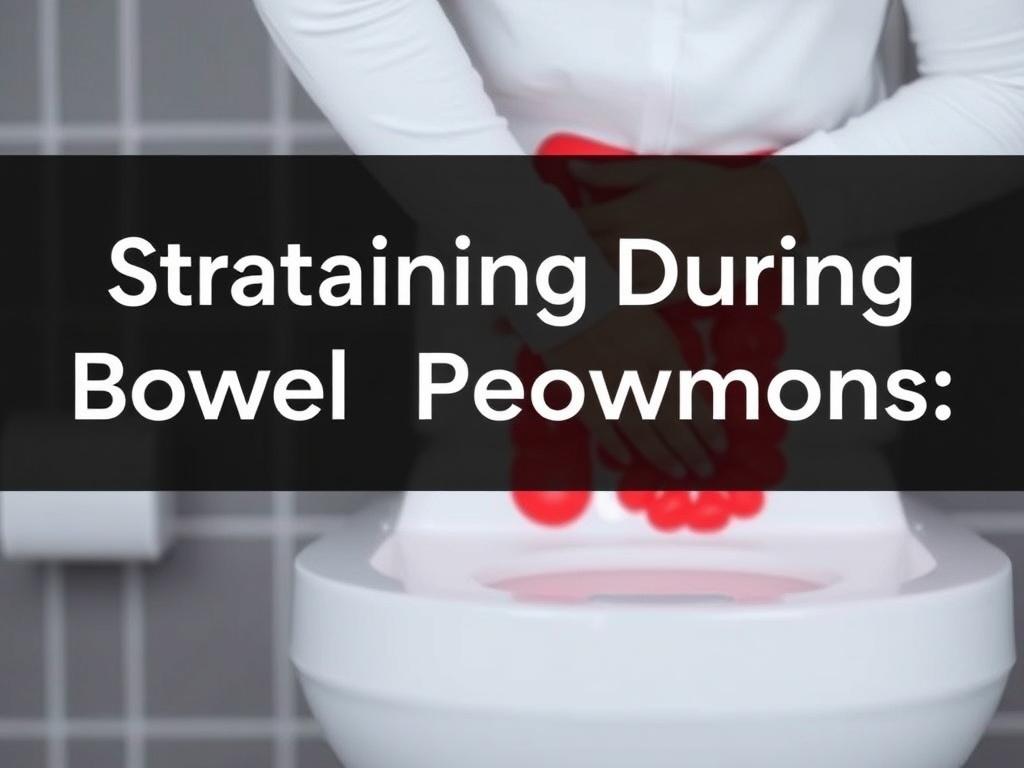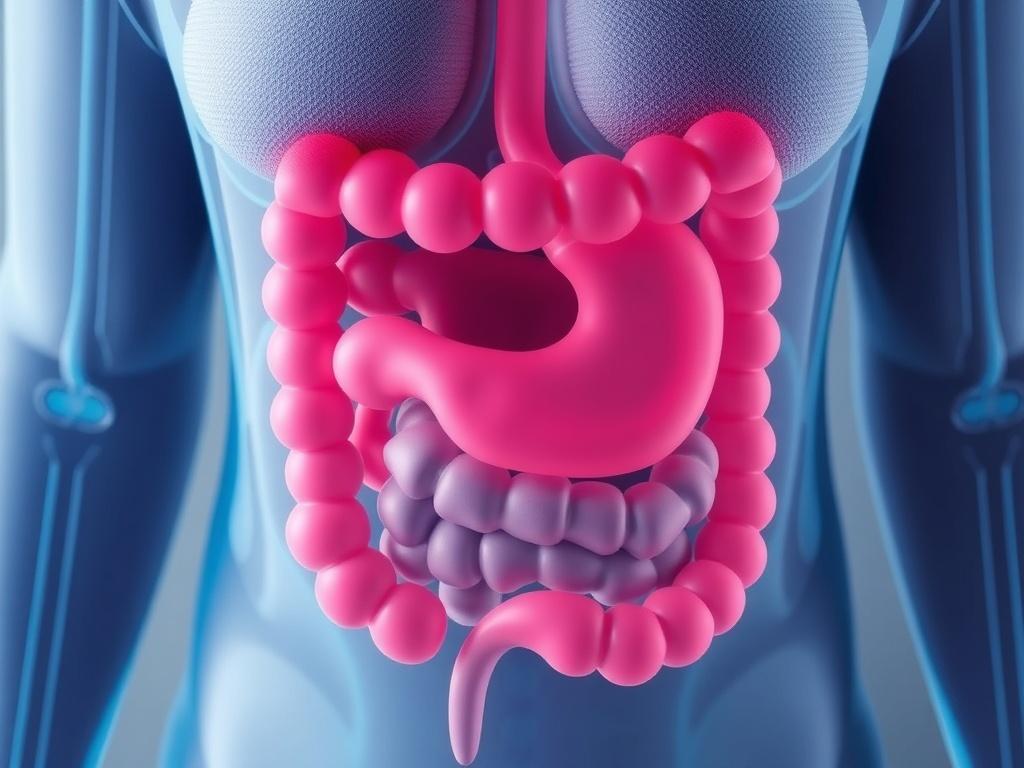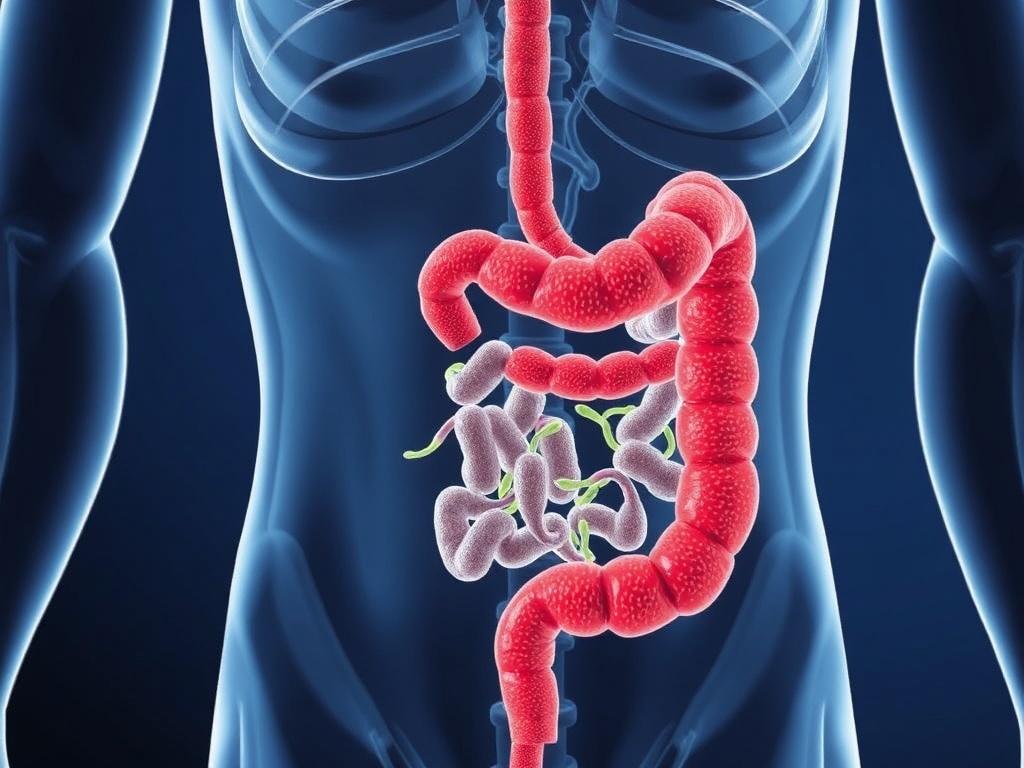Colon polyps often sneak into conversations about digestive health, sometimes stirring up fear and confusion. But what exactly are colon polyps? Are they dangerous, or just harmless growths? If you’ve ever wondered about these small bumps in the colon lining and their implications, this article is your comprehensive guide. We will explore the nature of colon polyps, risk factors, symptoms, types, their potential for turning dangerous, and most importantly, how they can be detected and prevented. By the end, you’ll have a clear and reassuring understanding of what colon polyps mean for your health.
What Are Colon Polyps?
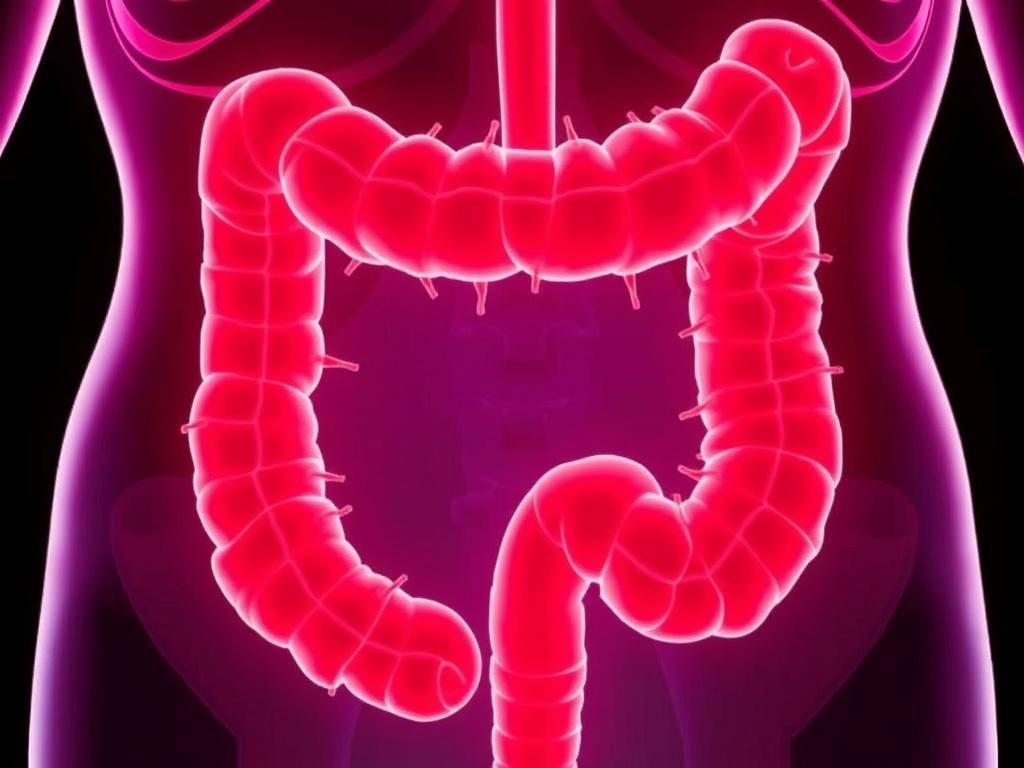
Colon polyps are small clumps of cells that form on the inner lining of the colon or large intestine. Think of them as tiny growths or bumps protruding into the colon’s hollow space. They can vary considerably in size—from as small as a pea to several centimeters wide. While most colon polyps are benign, meaning they aren’t cancerous, some can slowly progress into colon cancer over time if left untreated.
The colon lining is made up of cells that regularly regenerate. Sometimes, these cells grow abnormally, which leads to the formation of polyps. The exact cause isn’t always clear, but a combination of genetic, environmental, and lifestyle factors plays a role.
Types of Colon Polyps
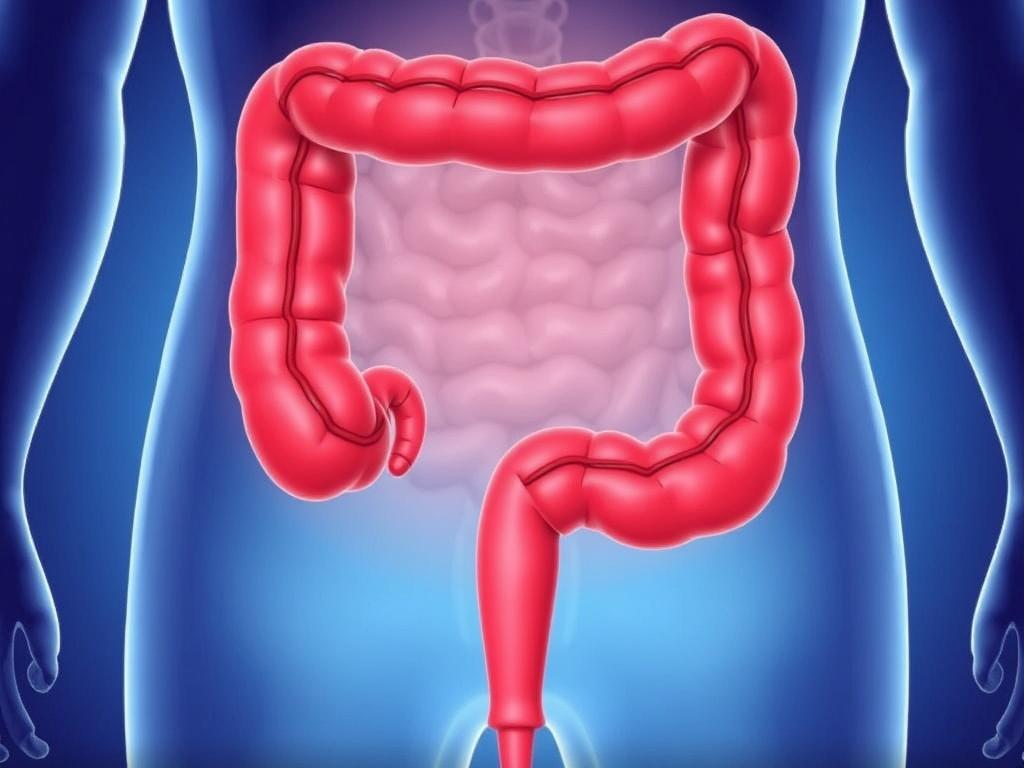
Understanding the types of colon polyps is key to knowing their potential danger. Not all polyps develop into cancer. Here’s a breakdown of the main categories:
| Type of Polyp | Description | Potential for Cancer |
|---|---|---|
| Adenomatous Polyps (Adenomas) | Most common type; grow slowly and can develop into cancer over time | High |
| Hyperplastic Polyps | Generally small and harmless; usually in the rectum or sigmoid colon | Low |
| Inflammatory Polyps | Develop after inflammation like colitis; usually not precancerous | Low |
| Sessile Serrated Polyps | Flat and harder to detect; can become cancerous if untreated | Moderate to High |
This classification helps doctors decide which polyps need to be removed immediately and which require monitoring.
Why Do Colon Polyps Develop?
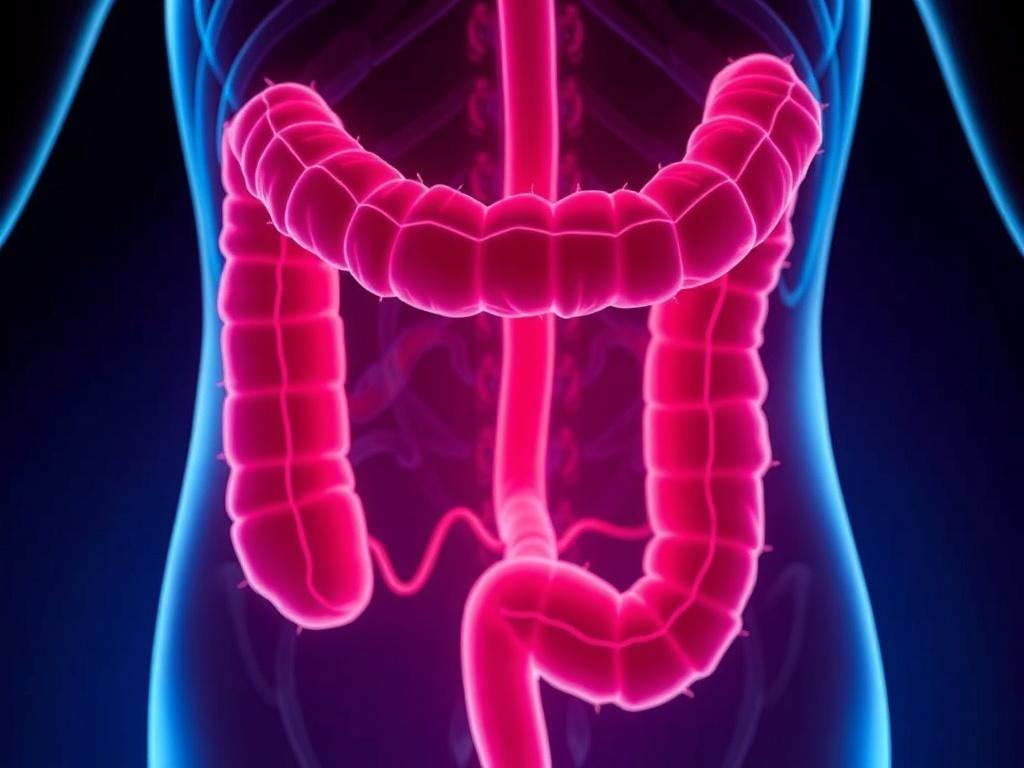
You might be curious about how and why colon polyps form in the first place. It’s helpful to think of your colon lining like a pathway that’s constantly under a bit of wear and tear. Sometimes, this results in the cells growing abnormally. Several factors contribute to this:
- Age: Colon polyps are more common after the age of 50.
- Family History: A family history of polyps or colorectal cancer raises your risk.
- Genetics: Certain hereditary conditions like familial adenomatous polyposis (FAP) dramatically increase risk.
- Lifestyle Factors: Poor diet, lack of exercise, smoking, and excessive alcohol drinking are associated with a higher chance of developing polyps.
- Inflammatory Bowel Disease: Conditions like Crohn’s disease or ulcerative colitis cause chronic inflammation that may lead to polyps.
Understanding these factors allows individuals to take proactive steps in managing their risk.
Are Colon Polyps Dangerous? The Risk of Cancer
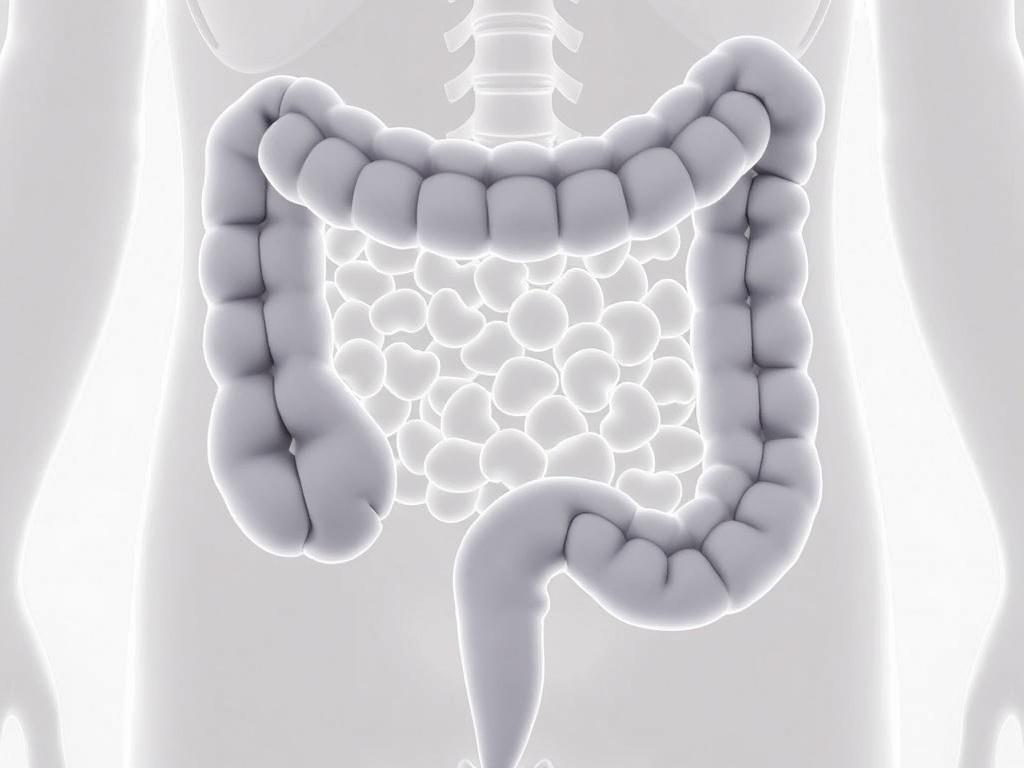
The biggest concern with colon polyps is their potential to develop into colorectal cancer, one of the most common and deadly cancers worldwide. But it’s important to remember that not all polyps turn dangerous. Most types of colon polyps are benign. The danger lies with adenomatous polyps and sessile serrated polyps, which can evolve malignantly over years or decades.
Colon cancer usually develops as a result of accumulated genetic mutations in polyp cells. Early-stage polyps often don’t cause symptoms and can grow silently. Screening tests can detect polyps before they become cancerous, highlighting the importance of regular medical check-ups.
Symptoms to Watch For
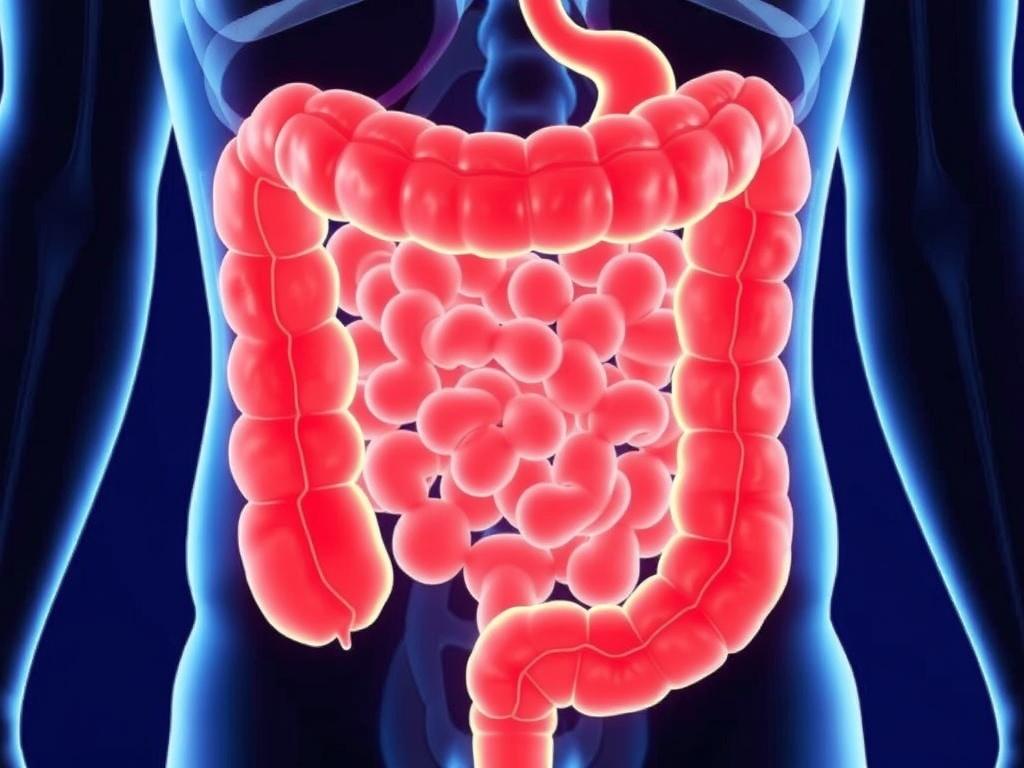
Many colon polyps do not produce noticeable symptoms, especially when they are small. That means you could have polyps and not even realize it. However, some signs may indicate their presence or progression:
- Rectal bleeding or blood in stool
- Change in bowel habits like diarrhea or constipation
- Abdominal cramping or pain
- Iron deficiency anemia (due to slow bleeding)
- Mucus in stool
If you notice any of these symptoms, it’s crucial to consult a healthcare professional for evaluation.
Detecting Colon Polyps: Screening Tests Explained
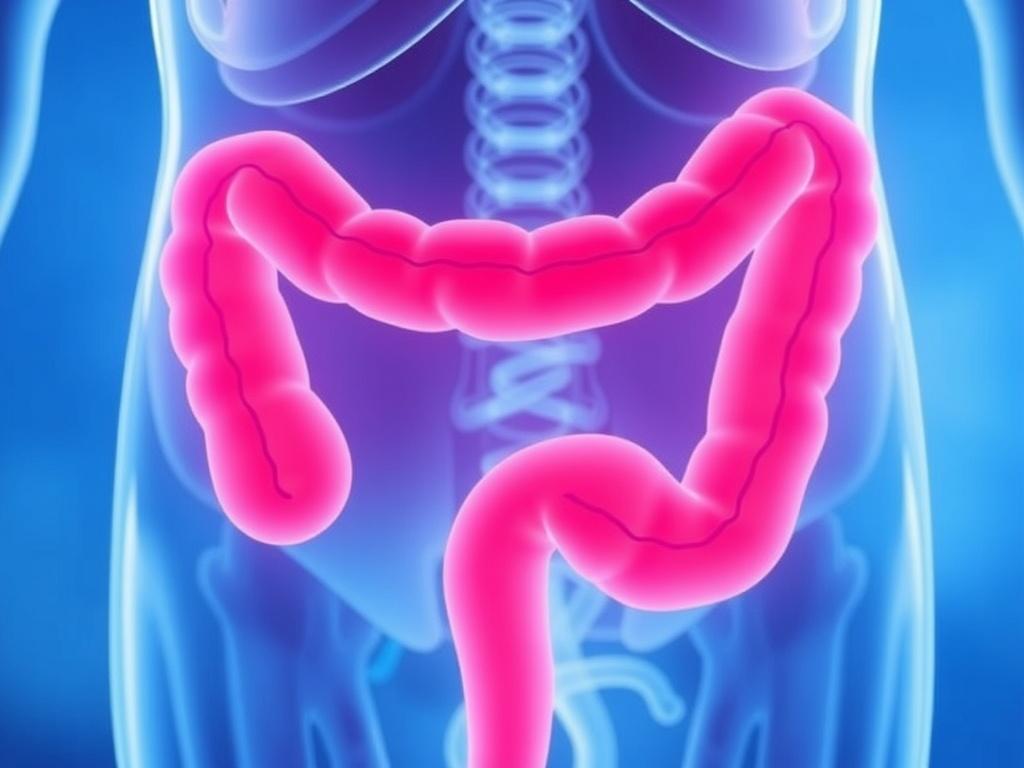
The best way to catch colon polyps early is through regular screening, especially if you’re over 50 or have risk factors.
Here are the main screening options:
| Screening Method | What It Entails | Frequency | Pros and Cons |
|---|---|---|---|
| Colonoscopy | A flexible tube with a camera examines the entire colon; polyps removed during the procedure | Every 10 years (if no polyps) | Most accurate; invasive and requires preparation |
| Flexible Sigmoidoscopy | Examines the lower part of the colon; polyps can be removed | Every 5 years | Less invasive; doesn’t check full colon |
| Fecal Occult Blood Test (FOBT) | Checks stool for hidden blood | Annually | Non-invasive; less sensitive for polyps |
| Stool DNA Test | Detects abnormal DNA from cancer or polyps in stool | Every 3 years | Non-invasive; newer and more expensive |
Screening saves lives by finding polyps early and removing them before they become cancerous. Discuss your screening schedule with your doctor based on your risk profile.
Treatment and Removal of Colon Polyps
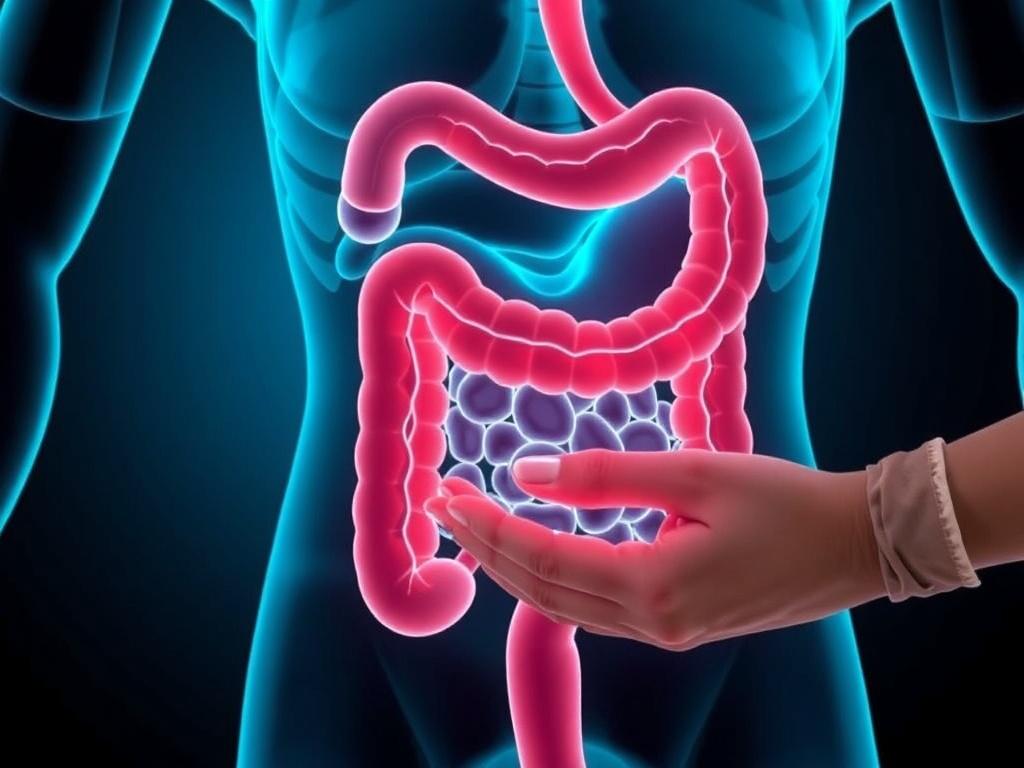
When colon polyps are detected, doctors usually recommend removing them during a colonoscopy. This procedure, called a polypectomy, is typically safe and effective. The removed tissue is then sent for pathological analysis to determine the type of polyp and whether any cancerous changes have started.
For very large or multiple polyps, surgery may be necessary, but this is rare thanks to advances in colonoscopy techniques. Regular follow-up screenings are often needed after polyp removal because new polyps can develop.
Preventing Colon Polyps: Lifestyle Tips
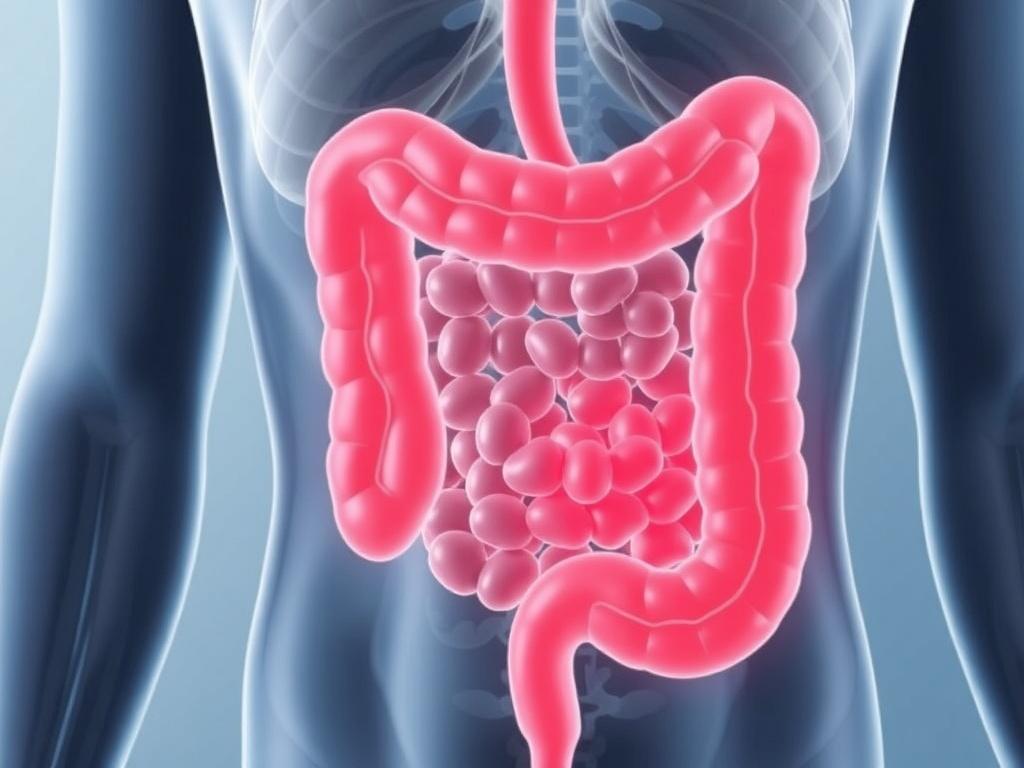
While you can’t control every factor that influences polyp formation—like age or genetics—you can adopt habits that lower your risk significantly. Here’s how to keep your colon healthier:
- Eat a High-Fiber Diet: Fruits, vegetables, and whole grains aid digestion and may reduce polyp risk.
- Limit Red and Processed Meats: These have been linked to a higher risk of colorectal polyps and cancer.
- Maintain a Healthy Weight: Obesity is associated with increased risk.
- Exercise Regularly: Physical activity lowers the risk of developing polyps.
- Avoid Smoking and Limit Alcohol: Both contribute to colon cancer risk.
- Calcium and Vitamin D: Some studies suggest supplements reduce polyp formation, but consult your doctor.
These lifestyle changes not only help prevent polyps but also improve overall well-being.
Who Should Be More Vigilant?
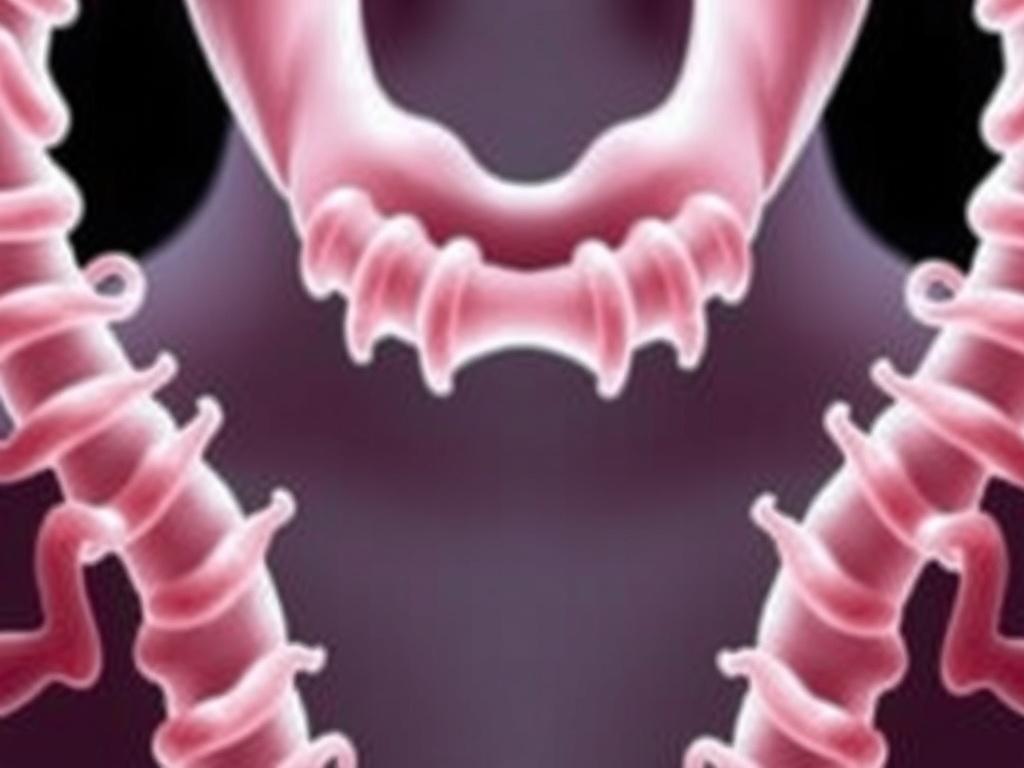
Some people should take special care when it comes to colon polyps due to increased risk. This includes:
- Individuals over 50 years old
- Those with a personal or family history of colon polyps or colorectal cancer
- People with genetic syndromes like Lynch syndrome or familial adenomatous polyposis
- Patients living with long-standing inflammatory bowel disease
If you fall into any of these categories, regular consultation with your healthcare provider is essential.
Common Myths About Colon Polyps
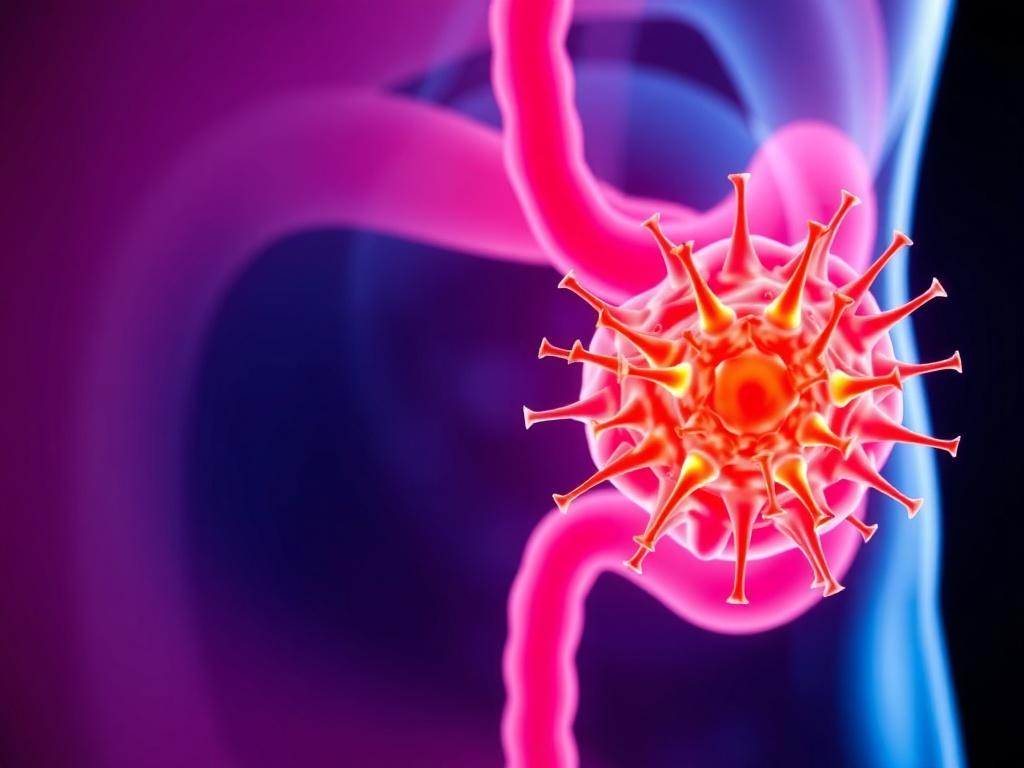
Unfortunately, misunderstandings about colon polyps can cause unnecessary worry or neglect. Here are some common myths debunked:
- Myth: All colon polyps are cancerous.
Fact: Most are benign, but some require removal to prevent cancer. - Myth: Colon polyps always cause symptoms.
Fact: Often, they cause no symptoms and are only found during screening. - Myth: You can feel colon polyps during a physical exam.
Fact: Polyps cannot be felt externally; a colonoscopy is needed. - Myth: If you have no family history, you won’t get them.
Fact: Many polyps occur in people without any family history.
Being informed helps you stay proactive and reduces fear.
The Role of Genetics in Colon Polyps
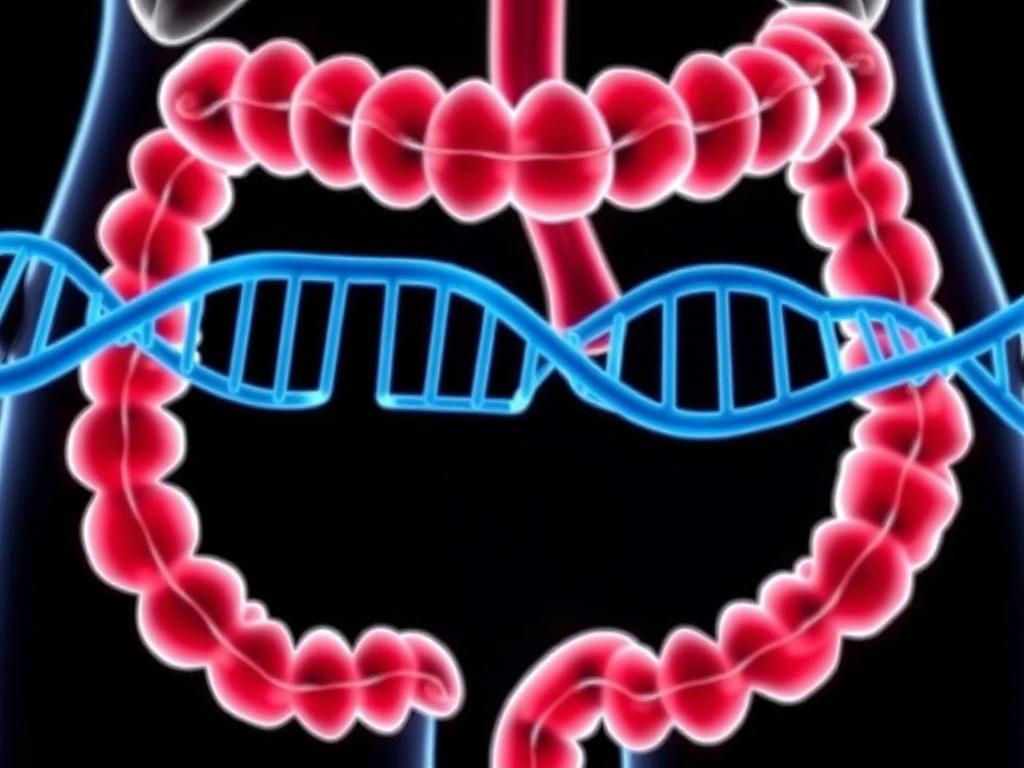
Genetics plays a fascinating and important role in colon polyp development, particularly in familial conditions that dramatically increase polyp risk. Here is a quick overview of key genetic syndromes linked with colon polyps:
- Familial Adenomatous Polyposis (FAP): Causes hundreds to thousands of polyps during adolescence, requiring early intervention.
- Lynch Syndrome (Hereditary Nonpolyposis Colorectal Cancer): Increases risk of colon cancer often without numerous polyps.
- Peutz-Jeghers Syndrome: Characterized by unique polyps and pigmentation spots on the skin and mouth.
People from families with these histories often undergo genetic testing and begin screening at younger ages.
Future Directions: Advances in Research and Treatment
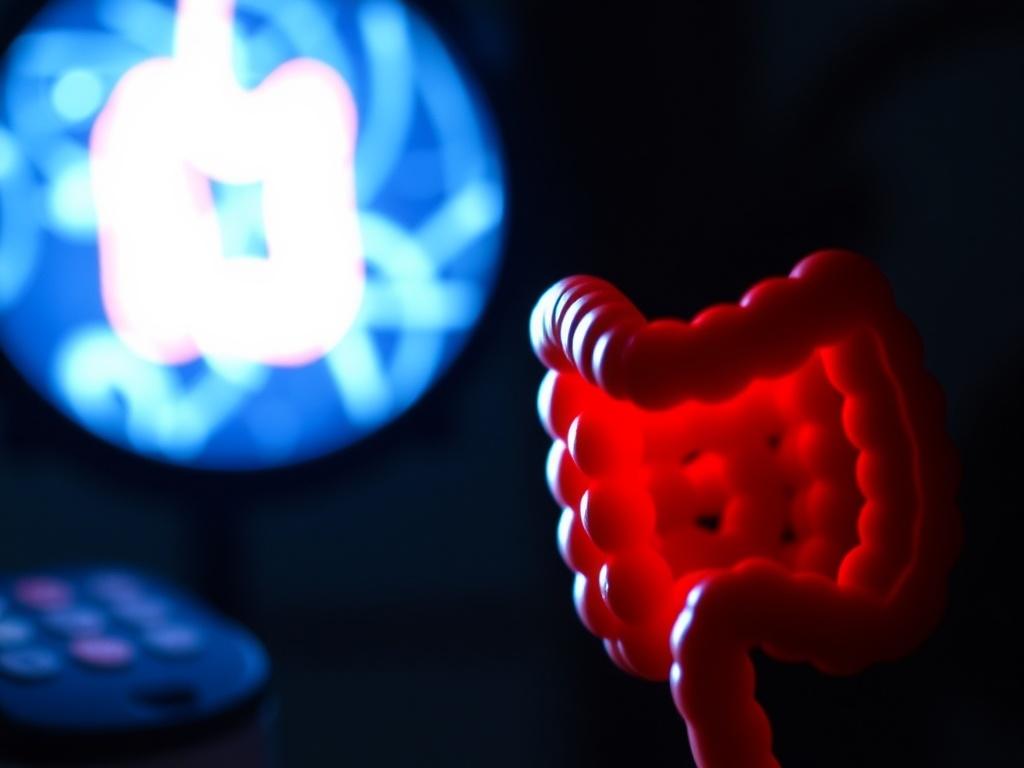
The medical community continually improves its understanding and management of colon polyps. New technologies like capsule endoscopy and enhanced imaging techniques promise to make detection easier and less invasive. Research into the molecular biology of polyps aims to find new biomarkers that predict which polyps are most likely to become cancerous.
Immunotherapy and targeted treatments show potential for managing advanced colorectal cancer, transforming what was once a grim diagnosis into a more manageable condition. Meanwhile, public health campaigns promote awareness regarding the importance of regular screening.
Summary Table
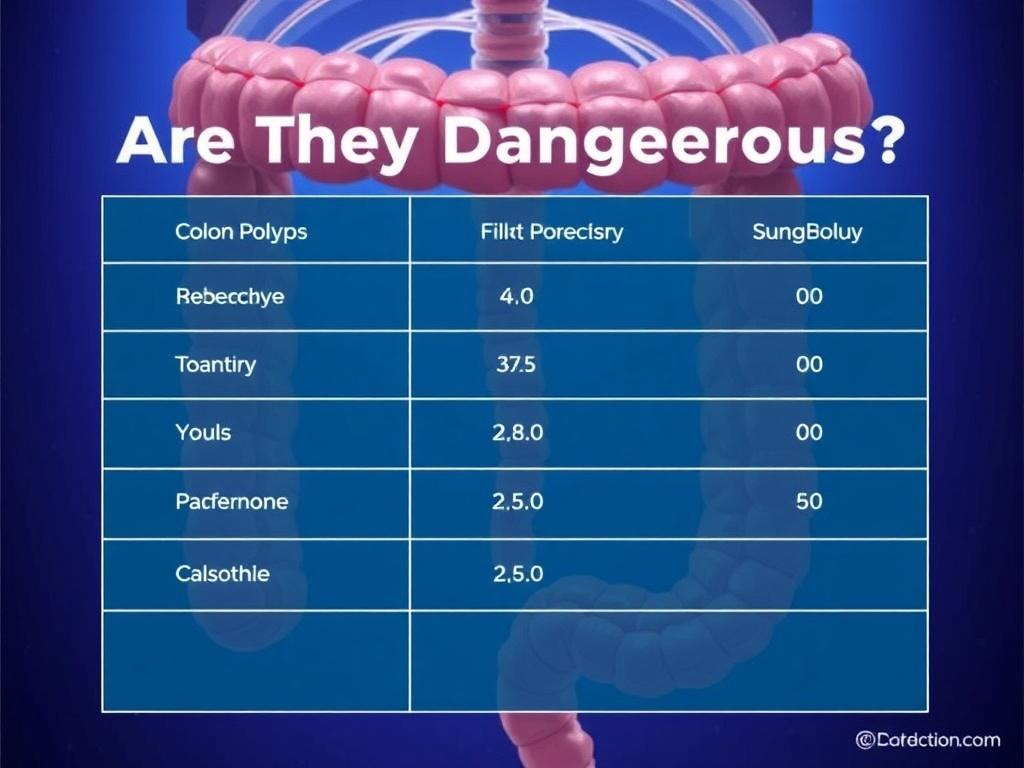
| Aspect | Key Points |
|---|---|
| Definition | Growths on the lining of the colon; often benign but potentially precancerous |
| Types | Adenomatous, hyperplastic, inflammatory, sessile serrated |
| Risk Factors | Age >50, genetics, lifestyle, inflammatory bowel disease |
| Symptoms | Often none; possible bleeding, stool changes, anemia |
| Detection | Colonoscopy, sigmoidoscopy, stool tests |
| Treatment | Polyp removal during colonoscopy; surgery for large cases |
| Prevention | Healthy diet, exercise, quitting smoking, managing weight |
Conclusion
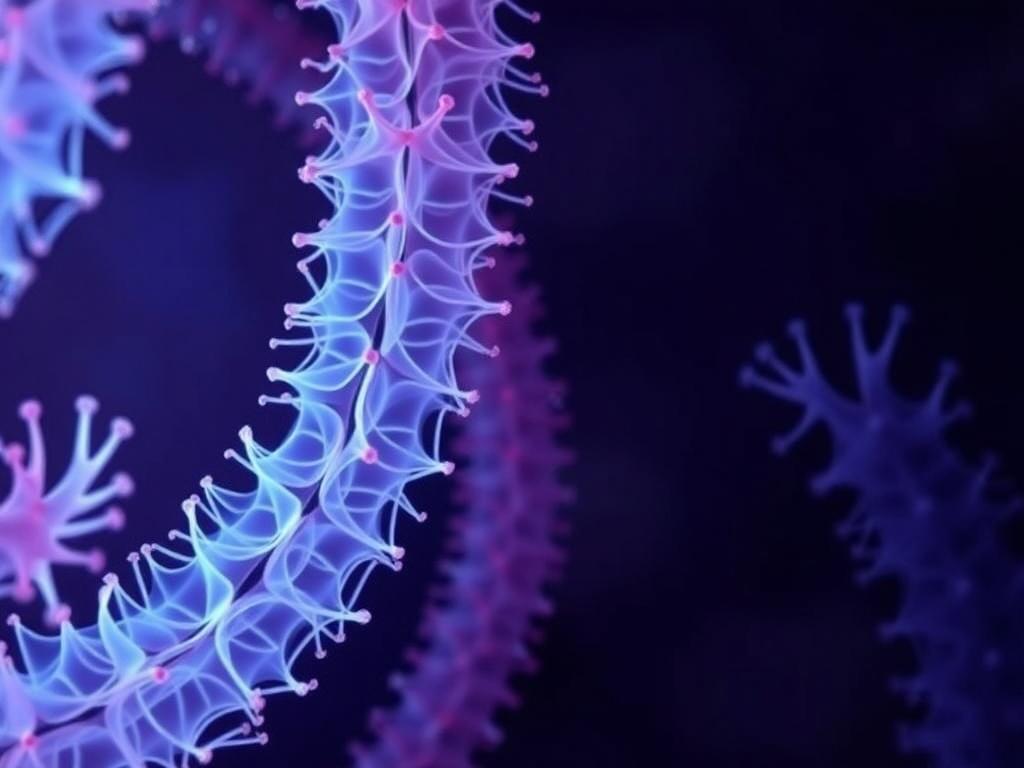
Colon polyps might sound alarming, but with today’s medical knowledge, they are largely manageable and preventable conditions. The key takeaway is that while some colon polyps can be dangerous due to their potential to develop into colorectal cancer, most are benign and treatable especially when detected early. Regular screening, awareness of symptoms, and healthy lifestyle choices are your best defense. Remember, catching colon polyps early and removing them can literally save lives. So, whether you’re turning 50 or have family risk factors, don’t delay discussing colon screening with your healthcare provider. Taking charge of your colon health is a powerful way to ensure many healthy, vibrant years ahead.
Читайте далее: